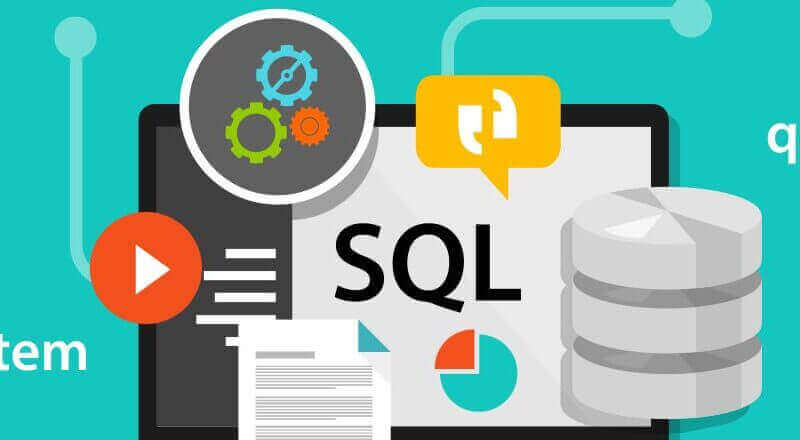The Ultimate Guide to Financial Data Security Threats will show you how you can reduce your risk of becoming a victim of identity theft. It is very easy for an identity thief to obtain your personal data. It is very easy to avoid becoming a victim of identity theft by using various simple and common sense techniques that will help you protect your personal data. The Ultimate Guide to Financial Data Security Threats is a comprehensive guide for people who use credit cards and who keep any type of financial data in their computer. This book is written by Jon Palmer, a Certified Information Systems Auditor who has spent the last 15 years working as a financial fraud investigator.
One of the main focuses of this book is teaching people how to use their computer and a variety of common computer application to avoid becoming a victim of identity theft. One of the most important lessons that are taught in this book is to never, ever give out your financial data through email or fax. It is also very important to shred all documents that contain your personal information. If you are using a PC for receiving mail or faxes at work, you need to take your mail to a private location and shred it before you throw it away. By following these tips, you will greatly increase your chances of being a victim of financial data security threat.
Identity theft is one of the most serious financial data security threats that there is. There are many ways that identity thieves get your personal information. Some ways are through stealing your purse or wallet and raiding your bank account. Other ways include stealing information that you send online or by mail. With the Ultimate Guide to Financial Data Security Threats, you will learn about the various ways that financial identity thieves can get your personal information.
One way that they can steal your information is through stealing your bank account numbers and routing numbers. They will use your routing number to access your account. They may also check with your credit card company to see if they are sending you the proper amount of money. This allows them to drain your account, and they will have all the financial data that they need to do this. Stealing routing numbers and account numbers is a very important point that you should be aware of.
You should also be aware that if you use the internet for anything, be it shopping, paying bills or giving personal information, you are putting yourself at risk of identity theft. If you only use a secure server for ordering from the internet, or using a credit card, you are taking a big chance of becoming a victim of financial data security threat. It is very easy for a computer hacker to break into your laptop and take all of the personal information on it.
Another issue that you need to be aware of is phishing. It is when a scam artist tries to get you to click on a link in order to gain financial information. If this ever happens to you, then you are a victim. Many times these hackers use bogus emails and try to get you to click on a link that says “We Need Your Help!” Unfortunately, in real life they ask for your bank or credit card number in order to send you something that does not have anything to do with you and does not need you.
The third danger in this financial data security threat is identity theft. This happens when someone uses your personal information to make themselves eligible for a credit card. They can obtain a card under your name and use it to make purchases. The scammers will usually get away with this, unless you have taken some kind of action to stop them. If you have ever given out your social security number, or even your date of birth to someone, then you should have a red flag goes up in your head. This is where it gets especially tricky, because most companies will try to contact you in order to verify the information you provide.
Financial data security threats can be handled fairly easily if you take the proper precautions. In order to protect your information, you will need to ensure that you never give out your social security number, or your birth date, and also never respond to unsolicited emails that ask for such information. You also need to change passwords often, and make a habit of making new secure password codes every time you change your password. Also, you will want to make sure that you shred all documents that contain your personal information, so that it can’t be stolen by anyone else. These are just a few pointers, but hopefully this information will help you to keep yourself safe from the dangers of financial data loss.



